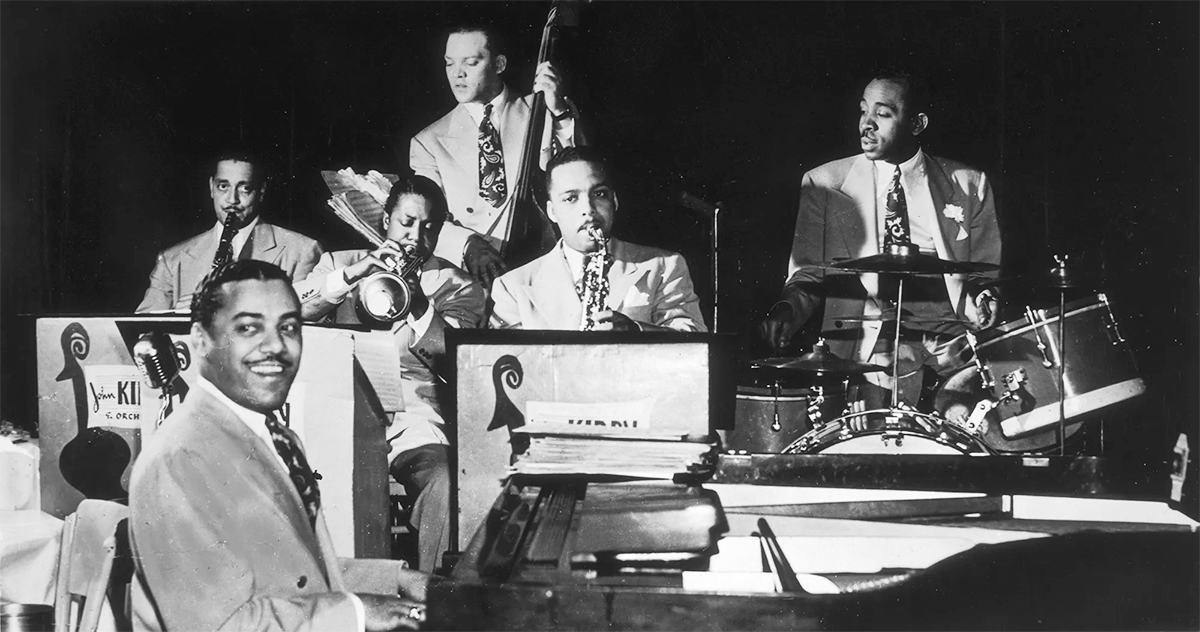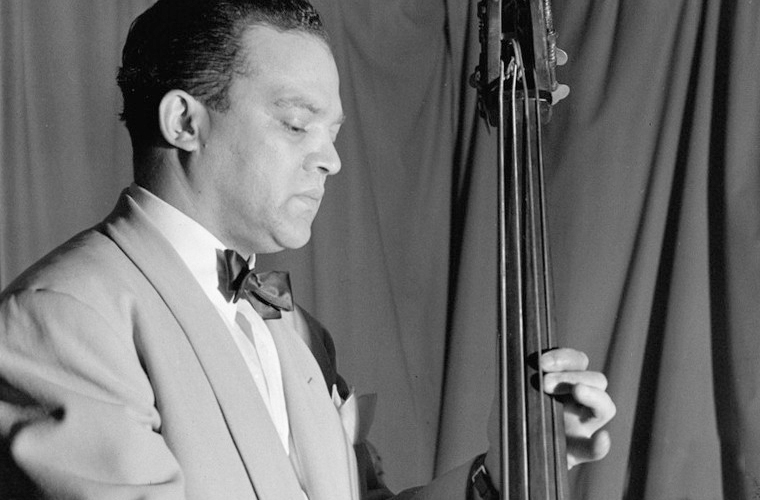John Kirby (1908-1952) was an American jazz double bassist and bandleader known for his innovative and influential approach to the instrument. He is particularly recognized for his work as the leader of the John Kirby Sextet, a popular and critically acclaimed group during the swing era. Born in Winchester, Virginia, Kirby began playing bass in his teenage years. He moved to Baltimore, Maryland, in the late 1920s and became involved in the local jazz scene. Kirby’s unique style of playing involved using a pizzicato technique with a strong sense of rhythm and precise note placement.
In 1935, Kirby formed his sextet, which featured top musicians of the time, including Charlie Shavers on trumpet, Buster Bailey on clarinet, Russell Procope on alto saxophone, Billy Kyle on piano, and O’Neill Spencer on drums. The group’s arrangements, often penned by Kirby himself, were characterized by intricate harmonies and contrapuntal lines.

The John Kirby Sextet gained popularity for its sophisticated and tightly arranged performances. They recorded numerous successful records and were highly regarded for their precision and musicality. Some of their notable compositions include “Undecided,” “Front and Center,” and “Rehearsing for a Nervous Breakdown.”
Kirby’s innovative bass-playing style, marked by his intricate melodic lines and rhythmic precision, helped elevate the role of the double bass in jazz music. His influence can be heard in the playing of subsequent bassists, such as Ray Brown and Milt Hinton. Sadly, Kirby’s career was cut short when he suffered a heart attack in 1952 at the age of 44. Nevertheless, his contributions to jazz, both as a bassist and a bandleader, continue to be recognized and appreciated by musicians and jazz enthusiasts.

